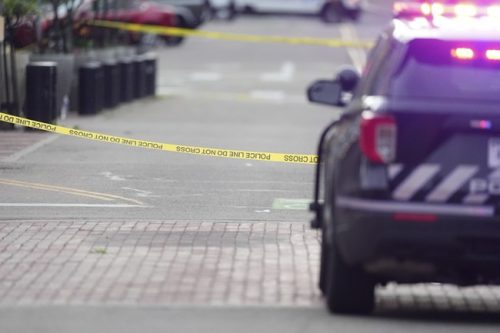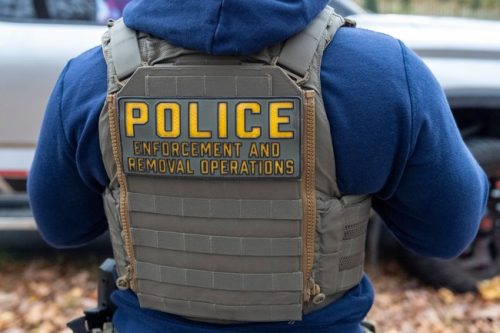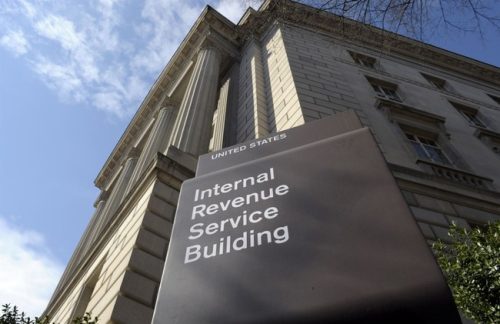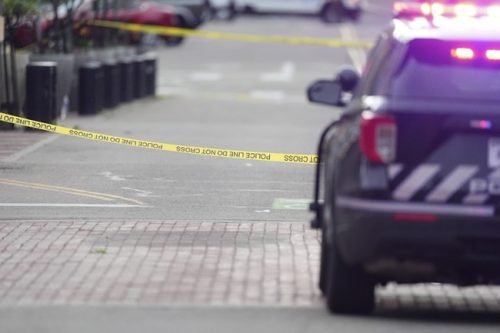A lender service co-founder received a federal sentence after a scheme that routed roughly $63 million in fraudulent Paycheck Protection Program loans through her company.
A federal court handed a 10-year prison term to Stephanie Hockridge, also known as Stephanie Reis, following a sprawling fraud tied to pandemic relief. Authorities say she helped run Blueacorn, a business set up in April 2020 that presented itself as a PPP assistance firm but instead moved bogus loan proceeds. Restitution was ordered for more than $63 million.
Investigators say Hockridge and her network created fake payroll records, tax forms and bank statements to make sham applicants look legitimate. Those falsified documents were used to apply for PPP loans that the SBA guaranteed under the CARES Act. The group also charged borrowers kickbacks, taking a cut of what they obtained through the program.
The operation reportedly offered a branded, fee-based service labeled “VIPPP” to coach applicants through the false application process and to recruit referral agents. Prosecutors allege Hockridge pushed staff and clients to inflate payroll numbers so lenders would issue larger loans and the schemers would collect bigger fees. In total, the conspirators processed more than $63 million in loans they knew were false.
On June 20, a jury found Hockridge guilty of one count of conspiracy to commit wire fraud. That verdict led directly to the 10-year custodial sentence and the monetary judgment she now faces. The case underscores how quickly pandemic-era emergency programs were targeted by organized fraud rings.
The investigation brought several federal agencies together, with leads coming from IRS Criminal Investigation, the Special Inspector General for Pandemic Recovery, the Federal Reserve Board–CFPB Office of Inspector General, and the SBA Office of Inspector General. Those offices worked with U.S. attorneys and the Justice Department’s Fraud Section to trace funds and gather evidence. The coordinated probe identified documents, payments, and referral patterns that tied Hockridge to the scheme.
Officials involved in the public announcement included Acting Assistant Attorney General Matthew R. Galeotti of the Justice Department’s Criminal Division; U.S. Attorney Ryan Raybould for the Northern District of Texas; Acting Assistant Special Agent in Charge Don Daley of the Office of Inspector General for the Board of Governors of the Federal Reserve System and Consumer Financial Protection Bureau Western Region; and Special Agent in Charge Christopher J. Altemus Jr. of the IRS Criminal Investigation (IRS-CI) Dallas Field Office made the announcement. Their release laid out the roles federal teams played in dismantling the network.
The Justice Department has been aggressive about PPP fraud prosecutions, with the Fraud Section taking the lead on many of those cases. Since the CARES Act passed, prosecutors have brought charges against more than 200 defendants across more than 130 criminal cases. Authorities say they have seized in excess of $78 million in cash tied to fraudulently obtained PPP funds, along with real estate and luxury items purchased with the proceeds.
The Money Laundering, Narcotics and Forfeiture Section’s Bank Integrity Unit also played a role in related work, focusing on banks, officers and employees whose conduct threatened the integrity of financial institutions. That unit investigates how illicit proceeds moved through banking systems and pursues legal consequences for those who enabled or benefited from laundering. Their work is meant to deter financial institutions from becoming unwitting conduits for fraud.
Prosecutors described a payment structure where borrower clients were charged percentage fees and kickbacks, and referral agents were recruited to expand the operation’s reach. That business model turned a federally guaranteed relief program into a revenue stream for schemers instead of the small businesses the aid was intended to help. Federal authorities emphasized that the criminal case was about both the falsified paperwork and the corrupt fee arrangements that made the fraud profitable.
Anyone with credible information about suspected COVID-19 relief fraud is encouraged to contact the Justice Department’s National Center for Disaster Fraud by using the NCDF Web Complaint Form. The department continues to collect tips and pursue leads linked to pandemic-era abuse of relief programs. Cases like this one show how those tips can trigger investigations that reach network organizers and not just low-level participants.






